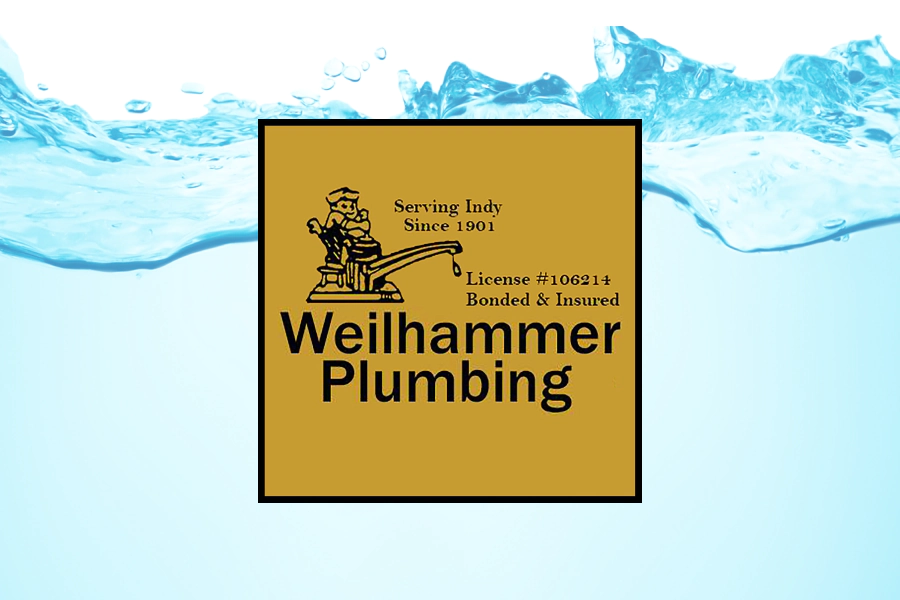All,
I am building a workshop addition to my home and I am planning to install water radiant heat in the slab. My current plan is to use this electric tankless water heater:

 www.tanklesswaterheater.com
www.tanklesswaterheater.com
as my heat source. It seems like an economical, logical approach to radiant heating. I know there is a lot of negativity toward tankless heaters in general on this forum, but I believe that a lot of that stems from people's bad experience of running out of hot water in the shower when someone runs the dishwasher while they are in there.
I am planning a closed loop system, so I believe that a tankless would not be a problem on that front. This unit is only $230 (about 75% cheaper than a comparable boiler), so it is not that risky of a venture, but I am wondering if anyone has any specific reasons why a tankless would not be adequate for radiant heat.
Thanks for your help.
Paul
I am building a workshop addition to my home and I am planning to install water radiant heat in the slab. My current plan is to use this electric tankless water heater:

Tankless Water Heater - Niagara Industries Inc Manufactures of the Titan Electronic Digital Tankless Water Heater
Manufacturer of the Titan Electronic Digital Tankless Water Heater for over 30 years with its patented assembly and digital control system. Titan tankless water
as my heat source. It seems like an economical, logical approach to radiant heating. I know there is a lot of negativity toward tankless heaters in general on this forum, but I believe that a lot of that stems from people's bad experience of running out of hot water in the shower when someone runs the dishwasher while they are in there.
I am planning a closed loop system, so I believe that a tankless would not be a problem on that front. This unit is only $230 (about 75% cheaper than a comparable boiler), so it is not that risky of a venture, but I am wondering if anyone has any specific reasons why a tankless would not be adequate for radiant heat.
Thanks for your help.
Paul
Last edited by a moderator:

